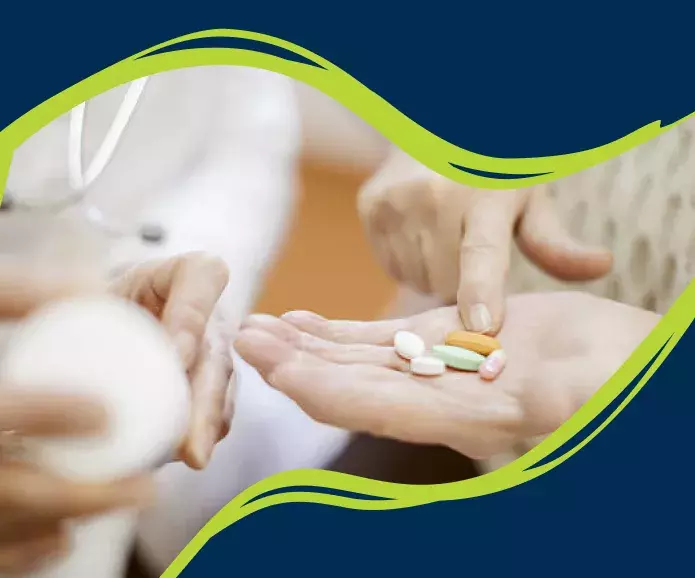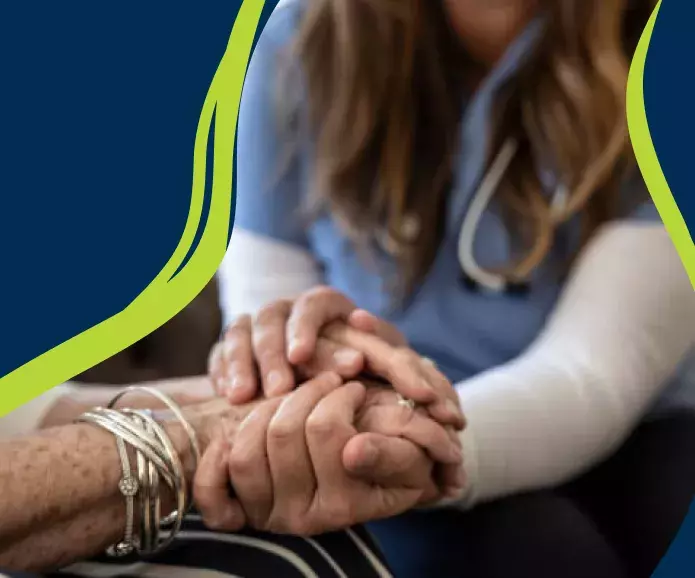


Create a plan that empowers you to take charge of your kidney health and live your best life. Managing kidney health involves understanding your treatment options, making informed decisions, and developing a personalized plan. Work with your healthcare team to create a plan that works best for your lifestyle and stage of kidney disease.
















